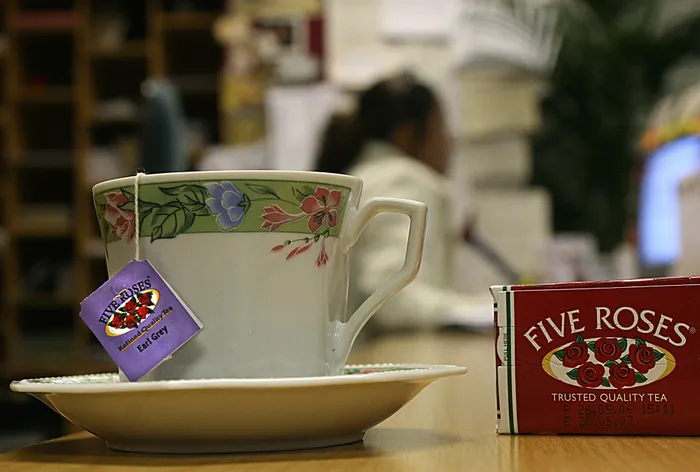AVI's financial outlook: Headline earnings per share to rise despite revenue challenges
FMCG

AVI is the owner of a portfolio of consumer goods brands ranging from Five Roses to I&J, to its Snackworks division consisting of popular brands such as Bakers, Baumann’s, Pyotts and Provita.
Image: supplied
Fast moving consumer goods and food manufacturer AVI said headline earnings per share were expected to increase between 5% and 7% for the year to June 30, off the back of only a 1% increase in group revenue.
The headline earnings per share forecast of between 721.5 and 735.2 cents would be higher than last year's 687.1 cents, when the final results were expected to be released on September 8, the group directors said in a tradong statement on Friday.
They said the results were achieved despite a very challenging consumer trading environment, with "anaemic demand" in many of the group’s key categories.
The directors said the 6.4% increase in second semester operating profit was a good result considering the very high growth figure that was reported for the same time last year.
Food & Beverage revenue increased 3% to R13.48 billion, Entyce Beverages revenue was up 5.4% to R5.3 bn, the Snackworks segment revenue increased 0.2% to R5.61bn, fishing product group I&J’s revenue increased 4.4% to R2.57bn, Fashion Brands’ revenue fell 8.5% to R2.54bn, Personal Care fell 9.6% to R924.3 million, while revenue in the Footwear & Apparel operations fell 7.9% to R1.62bn.
The group revenue was underpinned by selling price increases to ameliorate input cost pressures, partially offset by lower sales volumes in all categories, the directors said.
Consolidated gross profit was supported by improved gross profit margins in the beverage categories, and gross margins across the rest of the business were effectively managed.
“Despite increased investment in marketing activity to support our brands and innovation, and once-off costs of R42m from restructuring initiatives, selling and administrative expenses were well contained, ending marginally lower than last year,” AVI’s directors said.
Entyce delivered profit growth, off a strong base, supported by higher selling prices, efficiencies from factory automation, and effective cost management and operational leverage.
Snackworks operating profit benefited from a stronger second half and was well supported by effective cost management. Sales volumes were helped by innovation in the second semester. Margins were supported by lower selling and administrative costs, despite increased marketing support.
I&J's operating profit improved after a stronger fishing performance offset a decline in the abalone category. The abalone category continued to experience weak selling prices, poor demand in Asian markets, and an unfavourable biological asset revaluation of R38.1m.
Fishing profits improved from better selling prices, capacity from the new freezer vessel, more favourable currency rates, lower fuel prices and marginally better catch rates.
Indigo’s operating profit performance was negatively impacted by aggressive competition in the deodorant body spray category. Cost benefits from restructuring last year were not sufficient to ameliorate the impact of lower revenue.
Footwear and apparel operating profit ended lower due to subdued demand and was impacted by widespread discounting by apparel and footwear retailers, exacerbated by supply chain disruptions in the first semester impacting sales in SPITZ's critical December trading month.
The second half was further impacted by a decision to close the Green Cross business, which required increased discounting, leading to lower gross margins and once-off closure costs.
Net finance costs were higher than last year due to increased average borrowing levels following the payment of a special dividend, partially offset by lower interest rates.
Visit:www.businessreport.co.za